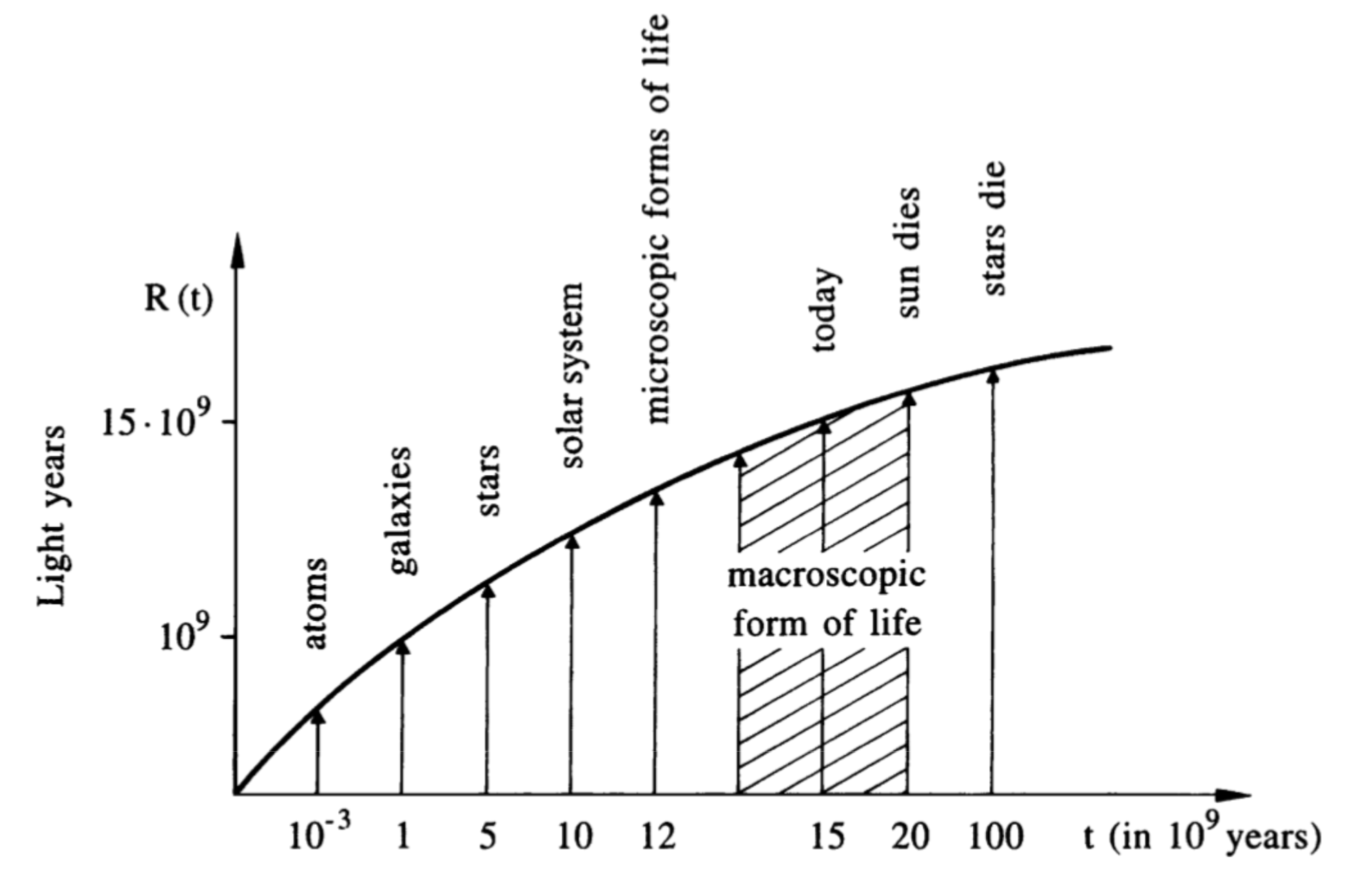Manifesto
Info
The manifesto is an evolving document. The most recent version (v0.2) is published in January 2025.
Moral imperative
- Life will expand: self-preservation and expansion into new available niches are a key evolutionary driver for all living organisms, including Homo sapiens.
- To the best of our current knowledge, technological civilizations and consciousness might be rare or even absent elsewhere.
- In six hundred million years, the Earth will become uninhabitable to any form of life; there is a closing window of opportunity to expand.

Current state
- We are facing complex systems in all domains, many of which are hard to understand and steer at best and black boxes at worst. These systems often interact unexpectedly, leading to dangerous consequences for progress (e.g., climate change, pandemics, conflict).
- Growing evidence shows that economic progress has decoupled from social progress, at least in the “Western” world.
- Energy continues to be a fundamental limiting factor, and we still have much to do to make the conversion into useful work more efficient and at a lower cost to the environment.
- Technological and scientific progress might also stagnate, with significant breakthroughs requiring international teams of hundreds and enormous funding to make inroads.
- Democratic institutions are at risk, often plagued by bureaucracy and long feedback loops with society.
- Algorithmically-driven social media enables a post-truth environment that bad actors can exploit.
- A pragmatic yet inspiring long-term vision is lacking, and cultural re-hashes and dystopian narratives abound.
Paths forward
- We need clarity on where we stand as a civilization and the most probable trajectories.
- We need to focus on the three types of progress simultaneously (social, economic, and technological).
- We must improve our capabilities to design and manage complex systems, avoiding reductionism and universalism.
- We need a new, solutionist vision of progress.